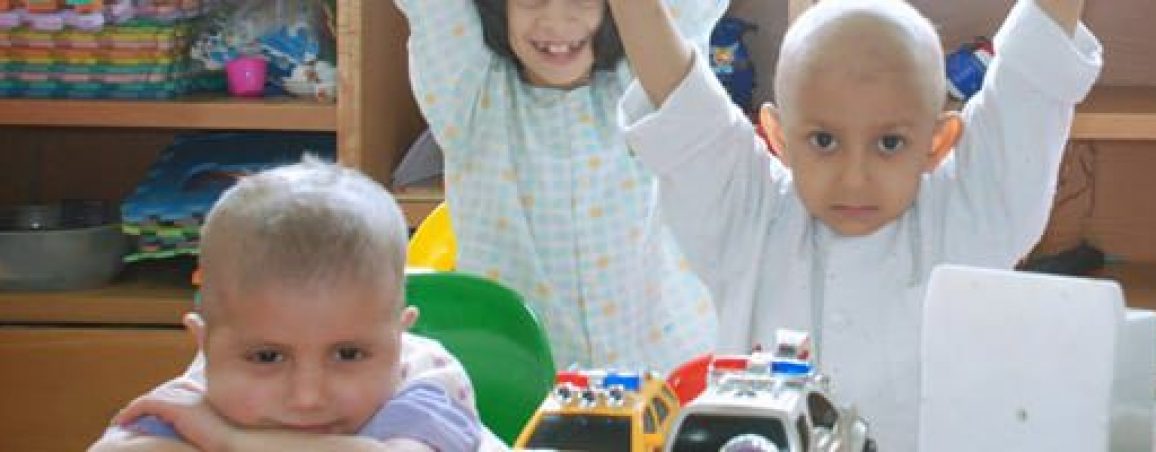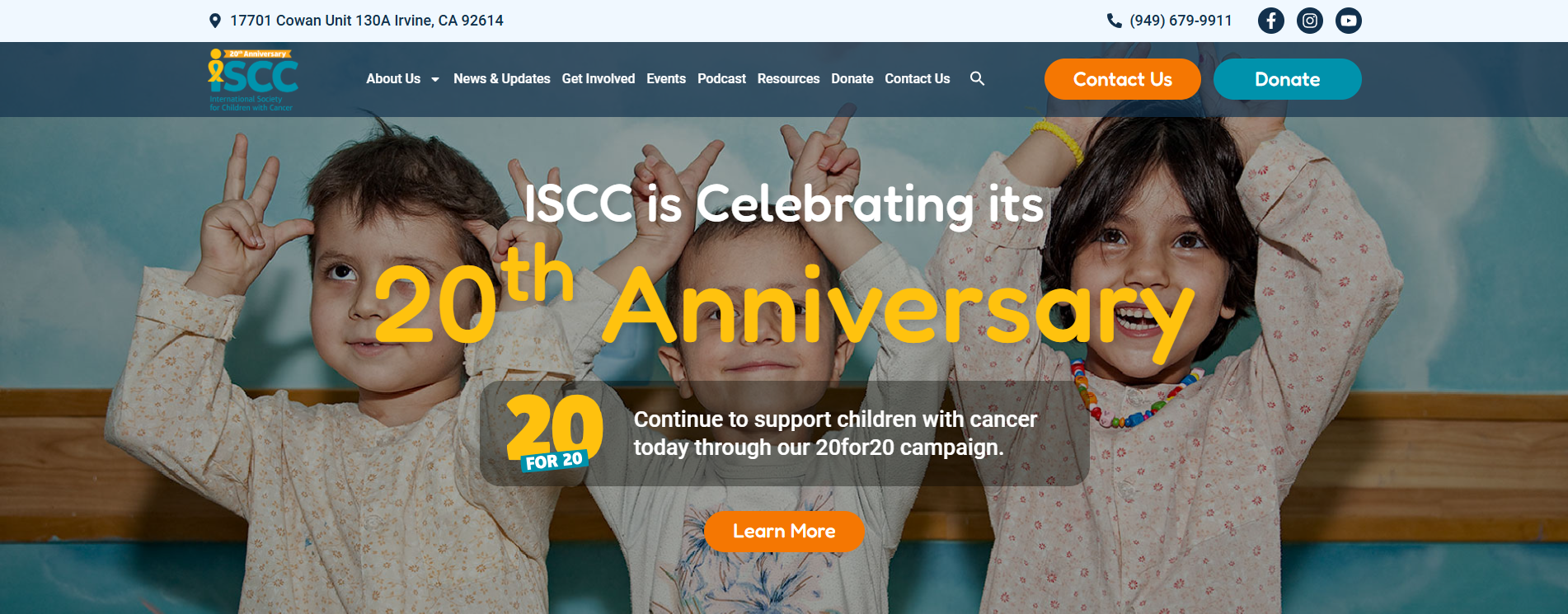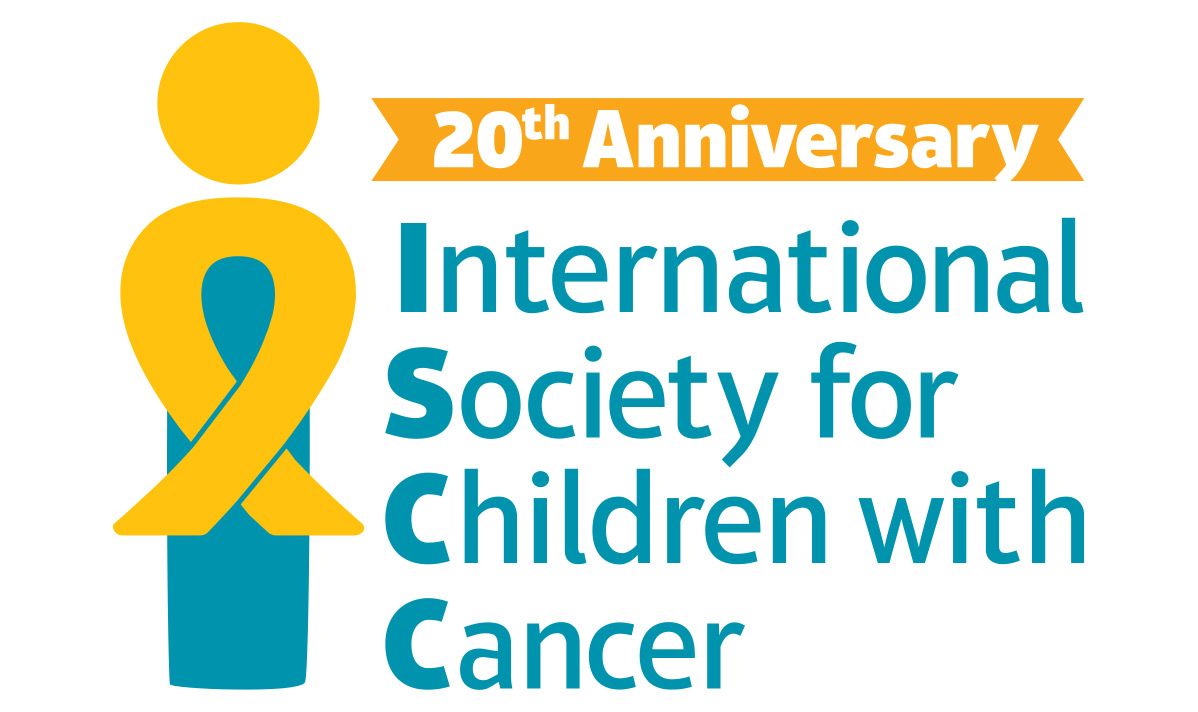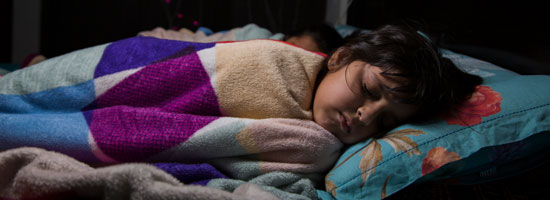Cancer in children can be difficult to detect and diagnose, especially at early stages when symptoms are vague. The odds of successfully treating most types of pediatric cancer increase greatly when it’s discovered sooner rather than later. Since children aren’t always able to articulate or recognize symptoms, it’s important to be as observant as possible when looking for potential signs of cancer and to seek assistance from a charity dedicated to support children with cancer.
Looking Beyond Normal Bumps and Bruises
Initial signs of cancer in children may be hidden by bumps and bruises that are often written off as normal for active kids. Look for bruises occurring with increased frequency since easy bruising is a common initial symptom of many forms of cancer. Cuts that aren’t healing properly should also be watched and checked. Unusual lumps and swelling shouldn’t be ignored either.
Scheduling Regular Medical Checkups
Even when children are well, regular checkups should be scheduled. Pediatricians typically know a child’s medical history and can determine what’s normal and what appears to be something out of the ordinary. Checkups are even more essential for children if there is a family history of one or more forms of cancer.
Changes in Eating and Sleeping Habits
Kids can be fickle with their eating habits, but sudden changes in regular eating patterns can be caused by internal issues. Dry mouth, nausea, vomiting, constipation, diarrhea, and trouble swallowing are related symptoms that may indicate a problem. Fatigue is also an early sign of cancer that may cause children who normally rise with the sun to sleep in or take more naps than usual.
Unexplained Symptoms or Illness
Children often indicate they’re sick by simply saying, “I don’t feel good,” which leaves a lot of room for interpretation. Pay attention to symptoms they may by showing, such as persistent fever and headaches or general body aches. Sudden changes with vision, unexplained paleness, and a general loss of energy may also be a sign that something isn’t right.
If cancer is suspected, your child’s pediatrician will recommend tests, often including X-rays, CT scans, and MRIs and a biopsy to take a closer look at cells from a specific area to determine if further steps are necessary. Most of these possible signs of cancer that may be observed in children are often something other than cancer or nothing serious. When it comes to anything that may indicate cancer, however, it never hurts to err on the side of caution.











